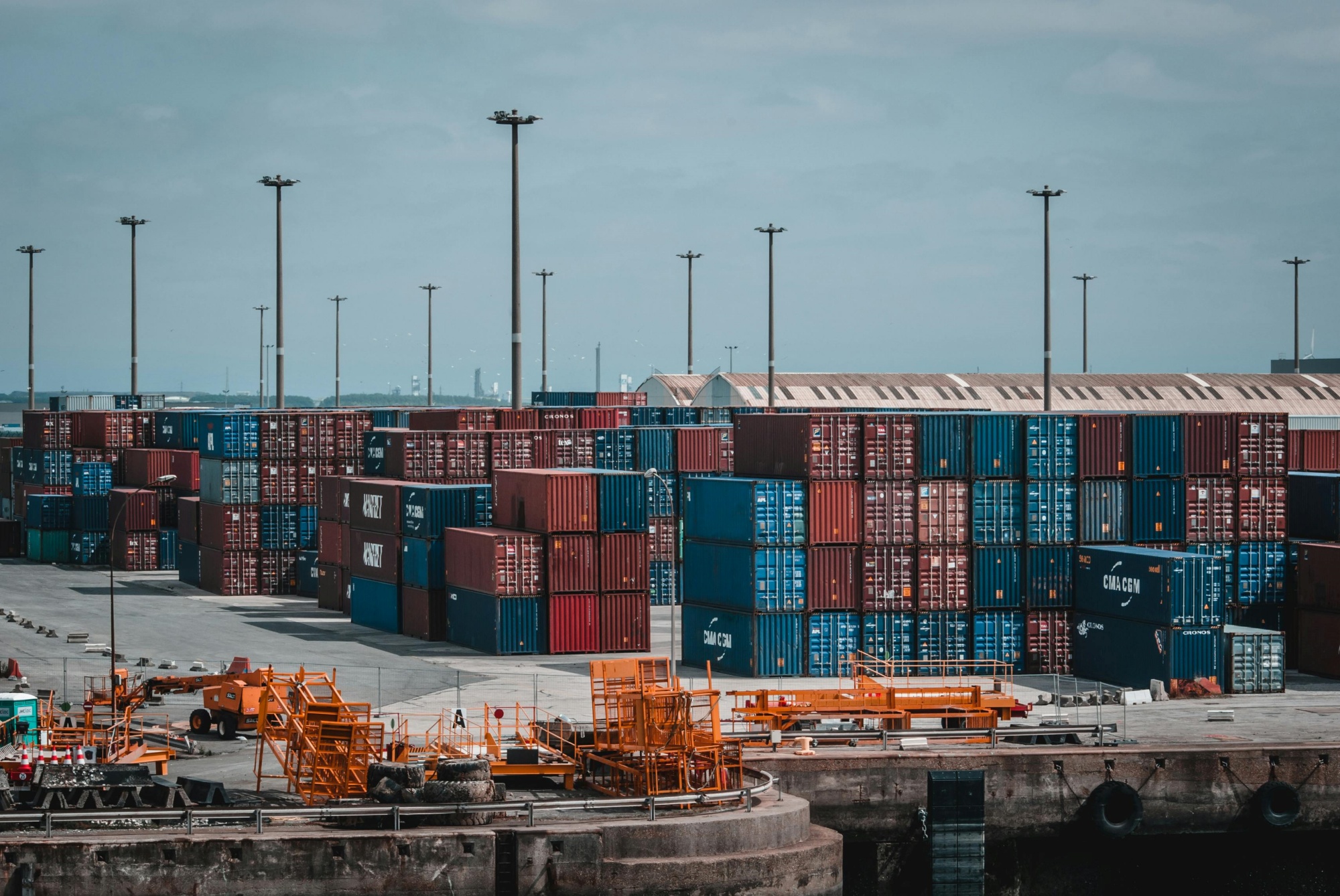The Trump administration has announced exemptions for smartphones, semiconductors, computers, and several electronic devices from its reciprocal tariffs, including the 125% levies imposed on Chinese imports. According to a notice from US Customs and Border Patrol, these goods will also be excluded from the administration’s 10% global tariff.
The exemptions, effective retroactively from 5 April, mark the first major easing of tariffs targeting China. Speaking to reporters while en route to Miami, president Trump said further details would be released early next week, highlighting the revenue generated from the tariffs.


The decision follows growing concern from US technology companies about potential surges in consumer prices, given the heavy reliance on Chinese manufacturing for many devices. Analysts had warned iPhone prices could have tripled if tariffs were fully passed to consumers, given that about 80% of the devices sold in the US are made in China. Reports suggest Apple has flown 600 tonnes of iPhones from its manufacturing sites in India to get ahead of the new tariffs, while also ramping up its manufacturing presence in India and Vietnam to reduce dependence on China.
A statement from the White House said the move was intended to allow companies more time to relocate production to the US. Despite the exemptions, these electronic goods remain subject to a 20% tariff linked to China’s alleged role in fentanyl trade. Meanwhile, press secretary Karoline Leavitt reiterated Trump’s stance that the US should not depend on China for critical technologies such as semiconductors and smartphones.


Earlier this week, Trump announced a 90-day pause on tariffs for most countries, excluding China, whose tariffs rose to 145% due to retaliatory measures. The White House framed the policy shift as a negotiation tool to secure better trade terms, while the US president defended his broader tariff strategy as essential to “correcting global trade imbalances” and reviving domestic manufacturing.
(Source: CNN)
Follow us on Instagram, Facebook, Twitter or Telegram for more updates and breaking news.

